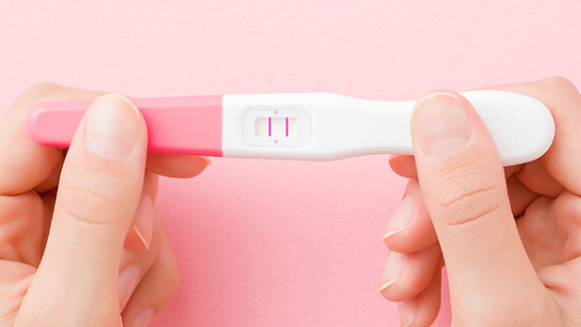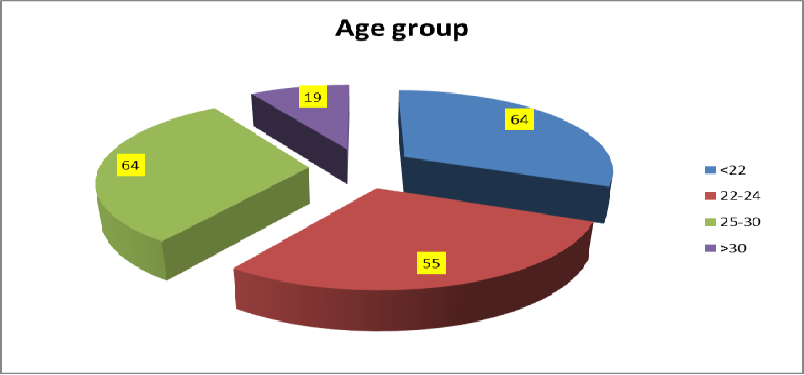The journey through a miscarriage can be both emotionally and physically grueling. Especially, During such moments, it becomes crucial to ensure holistic healing that encompasses both the heart and the body. One significant component of this healing process is nutrition. Here’s a guide on what to eat after a miscarriage to promote physical recovery and emotional well-being.
The Significance of Nutrition After Miscarriage
Our bodies often need additional support after traumatic experiences. A miscarriage, beyond its emotional ramifications, may lead to potential nutritional deficiencies. Additionally, nutrition plays an integral role in rebalancing hormones, which can fluctuate considerably during this time.
Essential Nutrients for Recovery
- Iron: Miscarriage can result in blood loss. To combat potential anemia, incorporate iron-rich foods like spinach, lentils, and lean meats.
- Vitamin C: This vitamin not only aids in iron absorption but also bolsters the immune system. Adding citrus fruits, bell peppers, and strawberries to your meals and snacks is a great way to support your immune system.
- Folate: Especially vital for future pregnancies and overall wellness, folate can be found in abundance in foods like asparagus, chickpeas, and fortified cereals.
- Omega-3 Fatty Acids: Essential for mood regulation and reducing inflammation, omega-3s can be consumed through fish, walnuts, and flaxseeds.
- Calcium & Vitamin D: Both play a crucial role in bone health. Dairy products, fortified plant milk, and sunshine can help replenish these vital nutrients.
Foods to Boost Emotional Well-being
In essence, health is not just about physical well-being; moreover, it’s also about mental and spiritual well-being.
- Complex Carbohydrates: They play a role in serotonin production, which aids in mood regulation. Choose whole grains, vegetables, and fruits as the foundation of your diet.
- Magnesium-rich foods: Known for their relaxing benefits, foods such as almonds, spinach, and avocados can be immensely beneficial.
- Herbal Teas: Calming teas like chamomile and passionflower can offer solace during restless nights or anxious days.
Limit or Avoid Certain Foods
While healing, it’s essential to evaluate your dietary habits. Firstly, consider reducing your intake of caffeine, alcohol, and sugars. Moreover, overly processed foods might also strain the body more than nourish it during this period.
Read more: 25 Foods That Can Cause Miscarriage in Early Pregnancy
Hydration is Key
Water aids in cellular function and detoxification. Add a splash of flavor to your water by infusing it with fruits or herbs. Herbal teas and broths are also an excellent way to stay hydrated.
Probiotics for a Healthy Gut
A healthy gut can influence your mood positively. Incorporate probiotics into your diet through foods like yogurt and fermented vegetables to support both digestive and emotional health.
Recipes to Heal
Iron-boosting Smoothie: Blend spinach, strawberries, and a touch of honey with almond milk for a nutritious treat.
Omega-rich Salad: Mix flaxseeds, walnuts, and greens, drizzle with olive oil and lemon for a refreshing meal.
Herbal Tea Blend: Combine chamomile, lemon balm, and a hint of lavender for a calming evening brew.
Listen to Your Body
Remember, healing is individual. Different people respond differently to different things. Don’t hesitate to consult a nutritionist or healthcare provider to understand what’s best for your unique needs.
Frequently Asked Questions (FAQs)
Q. Why is nutrition important after a miscarriage?
Ans: Nutrition plays a crucial role in helping the body recover physically from a miscarriage, replenishing lost nutrients, and supporting hormonal balance.
Q. I’m feeling fatigued after my miscarriage. What should I eat?
Ans: Fatigue could be a sign of iron deficiency due to blood loss. Consider increasing your intake of iron-rich foods like spinach, lentils, and lean meats. Pairing these with vitamin C-rich foods like citrus fruits can enhance iron absorption.
Q. What are some easy-to-make, nutritious recipes I can try post-miscarriage?
Ans: Some suggestions include the iron-boosting smoothie made from spinach, strawberries, and almond milk; an omega-rich salad with flaxseeds, walnuts, and greens; and a calming herbal tea blend combining chamomile, lemon balm, and lavender.
Q. Should I consult a nutritionist after my miscarriage?
Ans: If you have specific dietary concerns or need a personalized plan to support your recovery, consulting a nutritionist or healthcare provider is a good idea.
Q. How do I know if I’m getting enough of the essential nutrients?
Ans: Listen to your body. If you’re experiencing continued fatigue, mood swings, or other symptoms, it might indicate a deficiency. A healthcare provider can provide tests and guidance on supplements if needed.
Conclusion
The path to healing after a miscarriage is a combination of emotional and physical care. Prioritize your well-being, and don’t shy away from seeking support. Remember, you’re not alone.





